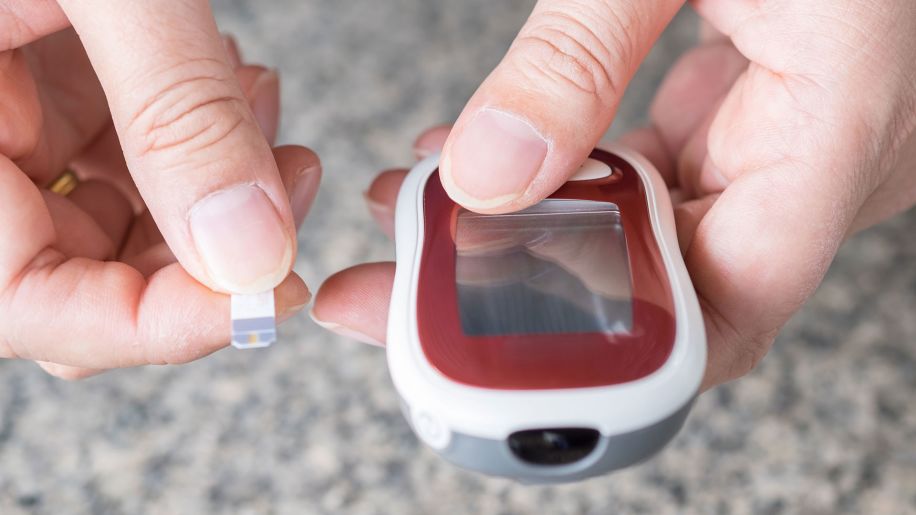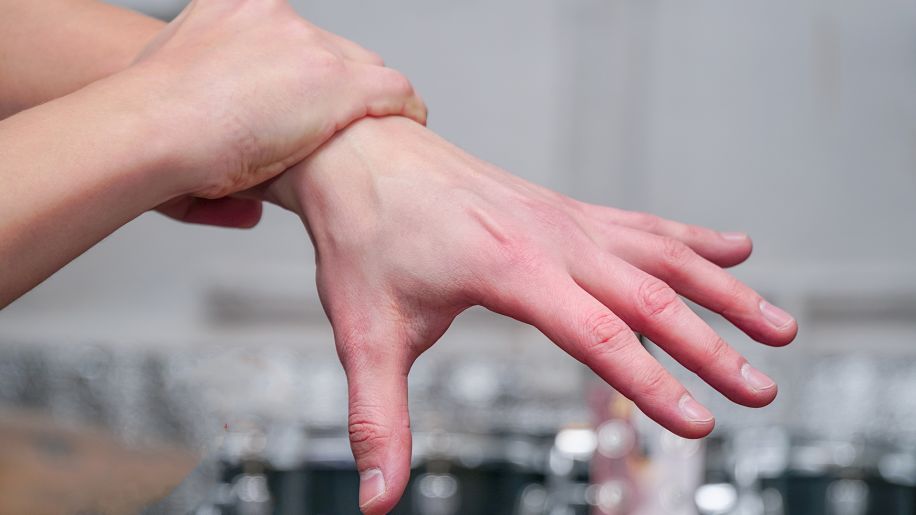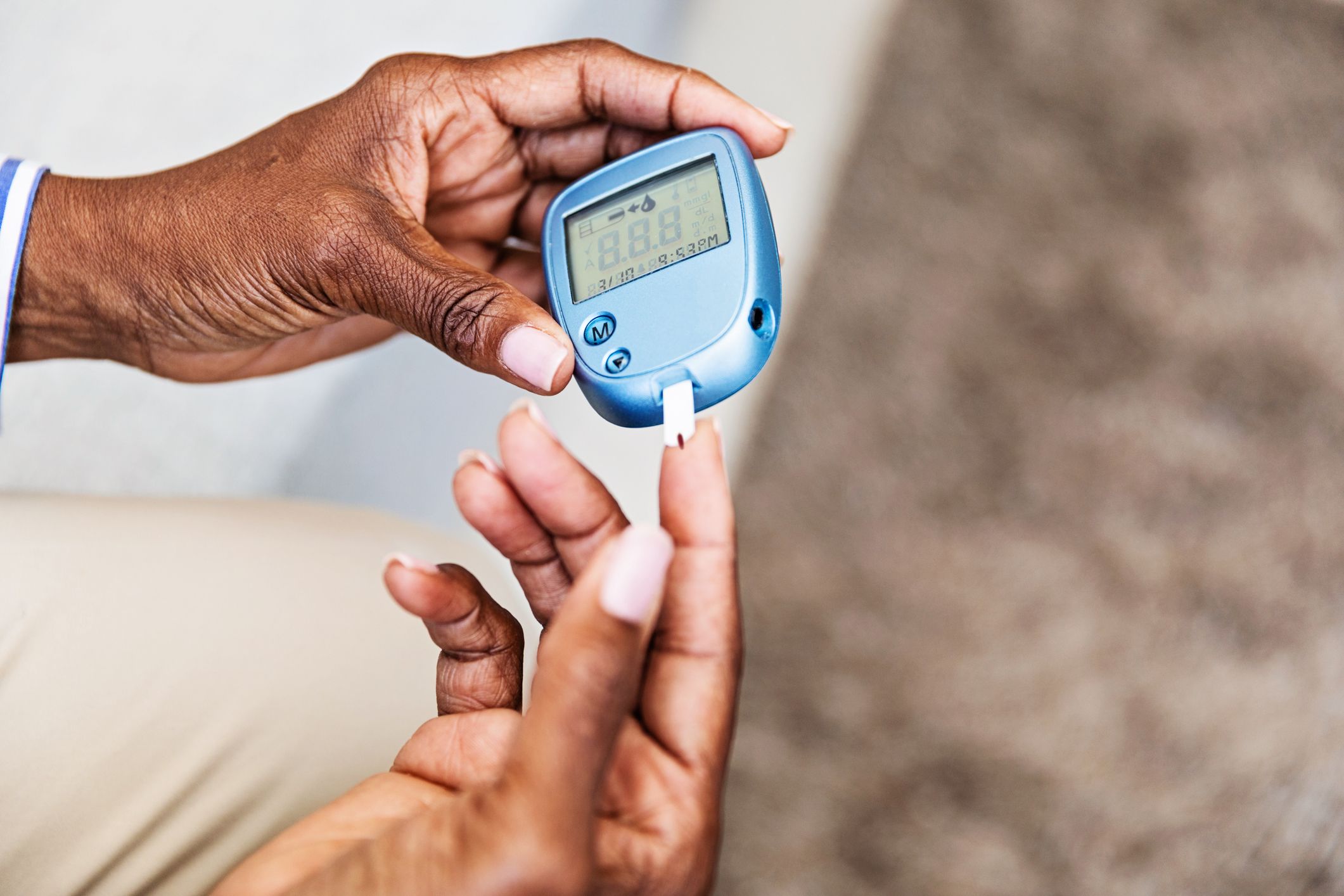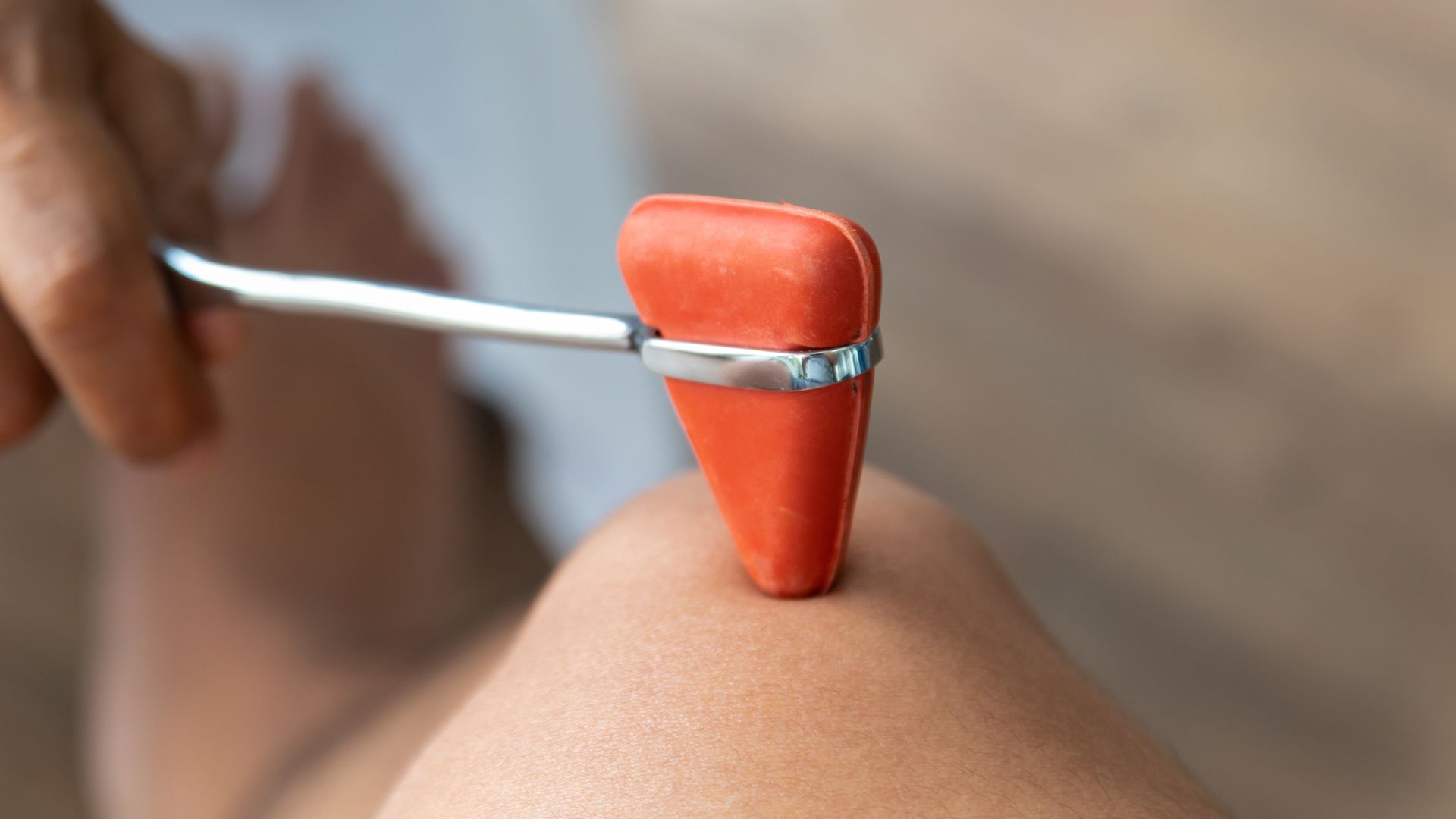5 Ways High Blood Sugar Damages the Body
How high blood glucose levels damage the heart, kidneys, eyes and more.

Glucose the body’s major source of energy. It is made from the metabolizing of carbohydrates and used to power cellular activity in the muscles, brain and other organs. Glucose reaches these cells via the bloodstream, where the hormone insulin allows glucose to move from the bloodstream into cells. Blood glucose is often called “blood sugar.”
When a person has type 2 diabetes, their body is no longer able to effectively manufacture or use insulin. As a result, glucose is unable to move from the bloodstream into cells the way it should, and blood sugar levels become much higher than normal.
Elevated blood sugar levels can damage the body in a number of ways.

Heart disease
Also called heart disease, cardiovascular disease is a term that refers to multiple conditions that impair the function of the heart. It is the leading cause of death worldwide, and having type 2 diabetes puts a person at an increased risk for a number of forms of cardiovascular disease, including coronary artery disease and peripheral artery disease.
Elevated blood sugar damages the cells that form the inner lining of blood vessels, which are vital to keeping blood moving through the body. The cells that make up this inner lining keep blood vessels flexible, help repair damaged blood vessels and keep materials moving through the bloodstream. When this inner lining is damaged, fats and other substances build up and form arterial plaque, damaged blood vessels cannot be repaired and blood vessels become stiffened. Plaques can rupture and clots can form. If a clot blocks the artery, this can cause a heart attack.

Nerve damage
Nerves are fibers and bundles of fibers that connect the brain to the rest of the body. Signals travel along these fibers to control movement, sensation and many different processes. Any time you flex a muscle, feel something ticklish, blink your eyes or take a breath, it’s your nerve fibers at work.
High blood sugar can damage the small blood vessels that provide nerve fibers with the nutrients and oxygen they require, which can damage the nerves. Over time, depriving nerve fibers of nutrients and oxygen can cause permanent damage. Depending on what nerves are damaged, this can result in symptoms such as loss of sensation, chronic pain, damage to the feet (more on this on slide 6) and problems with balance and coordination. It can also damage the autonomic nervous system, which controls functions such as heart rate, digestion and urination. Nerve damage as a result of diabetes is called diabetic neuropathy.

Kidney problems
The kidneys are a pair of fist-sized organs located on either side of the lower spine, just below the ribcage. The main function of the kidneys is to filter waste and excess fluids from the body, which are expelled as urine. The kidneys also are important in regulating blood pressure.
High blood sugar levels damage the kidneys by forcing these organs to work harder than normal, reducing blood flow to the kidneys and damaging the parts of the kidneys that filter the blood. Damaged kidneys do not function properly and, as a result, wastes and excess fluid build up in the body. This causes further damage to the kidneys as well damage to other organs and tissues. With time, this can result in kidney failure, a condition that is fatal without medical intervention.

Vision loss
Diabetic eye disease refers to a number of conditions that can affect the eyes of a person with diabetes, all of which can result in vision loss and blindness. The most common is diabetic retinopathy, which results when high blood sugar damages the blood vessels in the retina, a layer of light-sensitive tissue located in the back of the eyeball. This damage can cause blood vessels to bulge, become deformed and leak fluid.
In the advanced stages, abnormal blood vessels form, changing the inner structure of the eye. This can lead to the retinas becoming detached or damage to the optic nerve that connects the eye to the brain. Diabetic retinopathy can also progress into diabetic macular edema, swelling in a part of the retina called the macula. Adults with diabetes are also at an increased risk for cataracts and glaucoma, two additional eye conditions that can cause vision loss.

Foot problems
Foot problems such as sores, ulcers and infections are a serious issue for anyone who has type 2 diabetes. Diabetic neuropathy can cause loss of sensation and dull pain signals. Poor circulation due to peripheral artery disease—caused by a buildup of plaque in the arteries of the lower body—can also cause numbness. This means a person may not notice a severe blister or a cut and mistakenly allow such an injury to go untreated. People who have diabetes are also at a greater risk of infection, because high blood sugar and insulin resistance interfere with the normal functioning of the immune system and impair the blood supply to the injured area. Foot infections among diabetes patients are serious, and in some cases require amputation of the lower leg, feet or toes in order to keep an infection from spreading through the rest of the body.

Monitoring blood glucose levels
Keeping your blood sugar levels within a healthy range is key to successfully managing type 2 diabetes and avoiding the serious complications discussed in the previous slides. In addition to following your treatment plan, it is important to keep regular appointments with your healthcare provider that include an A1C test, blood pressure reading, blood work to measure cholesterol and urinalysis to spot potential kidney issues. You and your healthcare provider should also discuss proper foot care, and you should see an eye doctor to have your eyes checked. Taking these steps can help you spot potential complications and address them early.
Featured Content
article

article

article

slideshow

article
